Guess what?! Kitesurfing right of way rules!
It is never repeated enough: a correct behavior during kite sessions makes the environment great for all the riders
It's never enough to remind how much these rules are important. You see a lot of riders, both beginners
and experts, ignoring them and creating dangerous or at least unpleasant situations.
With the kitesurfing panorama becoming more and more crowded as the sport becomes so popular, it is really
mandatory to well know the basic right way rules in kitesurfing. Here we listed the main ones and some good
practices to avoid collisions and accidents on the beach and in the water.
We added some comments to the rule in order to understand the logic and the reasons behind any of them, main
guidelines are:
1. Safety;
2. Raesonable behaviors to make everyone's session a pleasant one;
3. Convention following maritime practical rules.
Rule #1
The rider entering the water from the beach has right of way over the incoming rider.
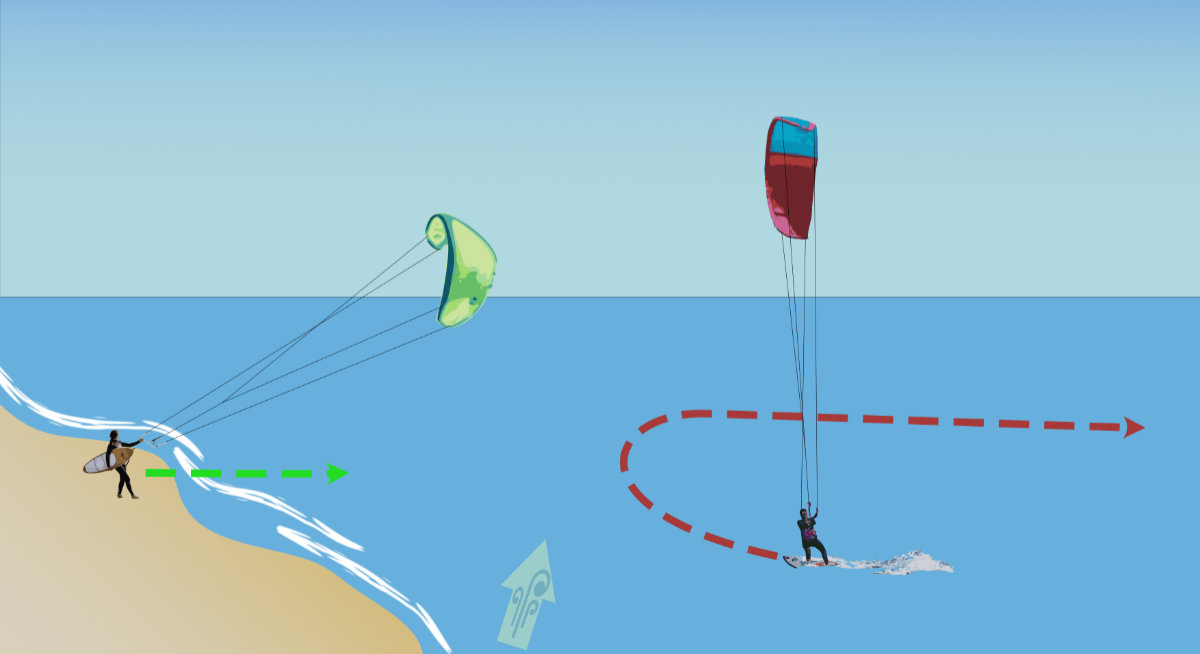
Comment.
The reason of this rule it is quite straight forward: safety. The kiter on the beach is the one in more risk since he is closer to solid obstacles and often to other beach users. He should be allowed to enter in the water as soon as possible. The kiter in the water is safely riding in the sea and can take his time to get out of the water, being in a safer position for the moment.
Rule #2
Starboard* rider (kite on the right-hand side) has priority over oncoming rider and should keep his course and pass upwind with the kite higher.
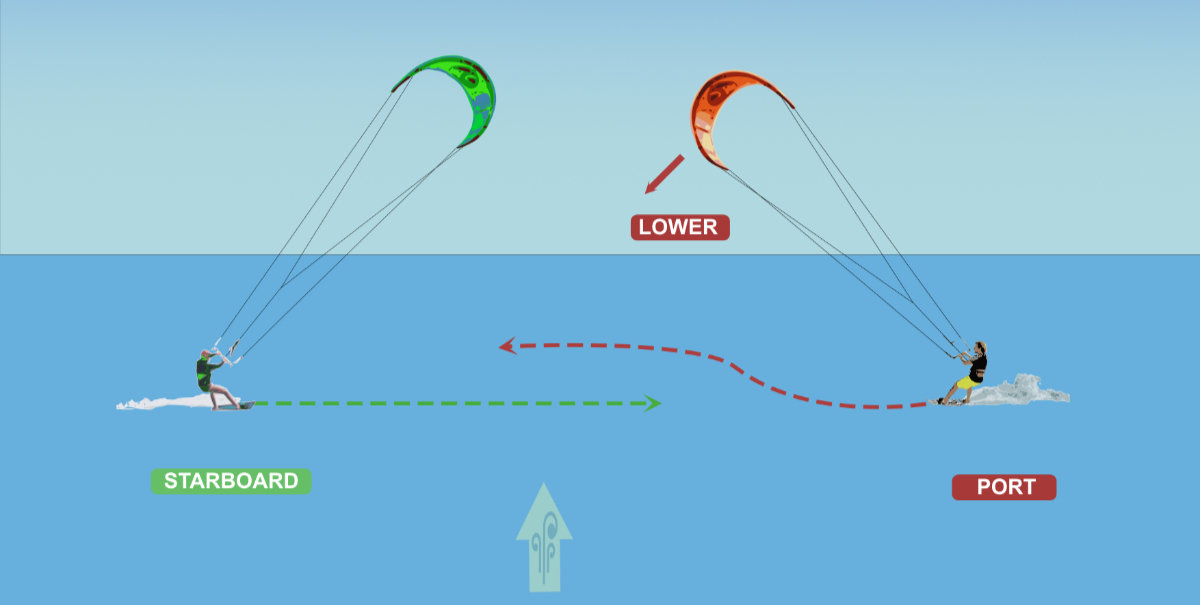
Comment.
The reason of this rule it is coming from a sea rule: starboard has normally
the right way and as kitesurfers we keep the same convention.
*Starboard. How to know if you are in this position: when you ride and the kite is on
the right side of the flying window (your right basically) you are in starboard. Another way to know it
is, on heel-side stance, your right shoulder should be in the direction you are riding.
Rule #3
When two riders are traveling in the same direction, the faster rider coming up from behind must give way to the slower rider in front.
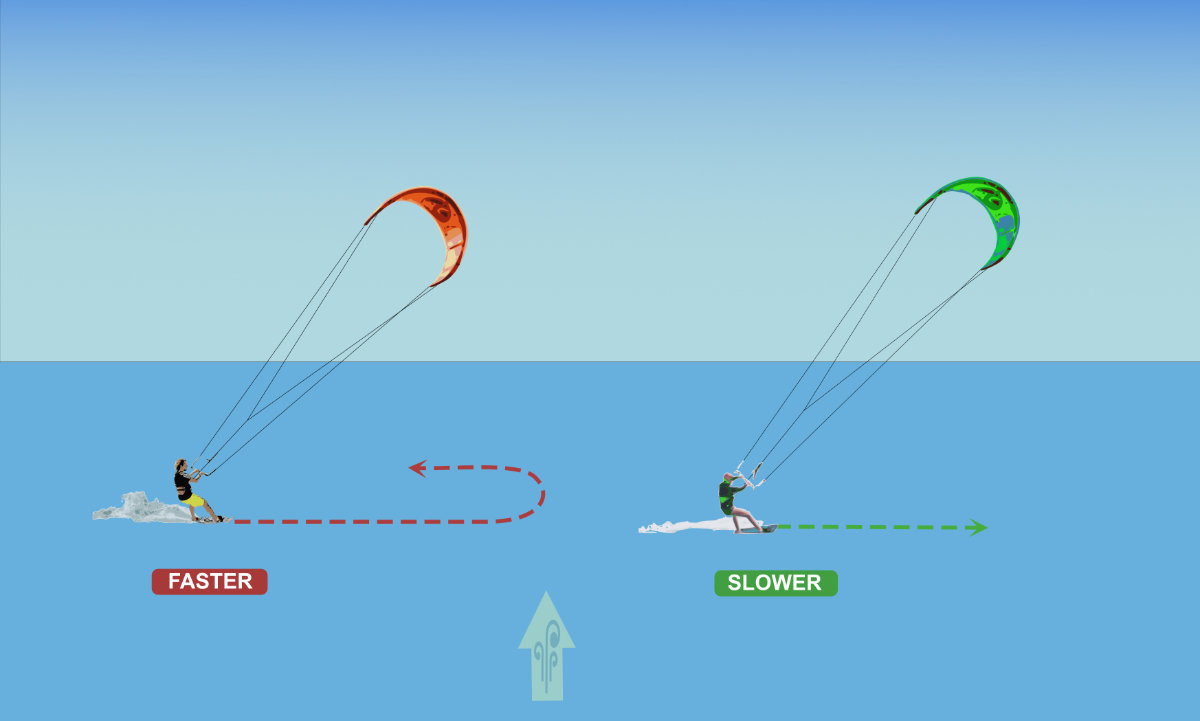
Comment.
The reason of this rule is safety: the slower kiter isn't in a position where che can easily spot the following rider. He might turn suddenly and create a collision possibility and if he rides slowly he might also be a beginner or less skilled rider than the aggressive fast one. Better to avoid risky position for both.
Rule #4
The rider surfing a wave has priority over the one who is jumping or going in the opposite direction.
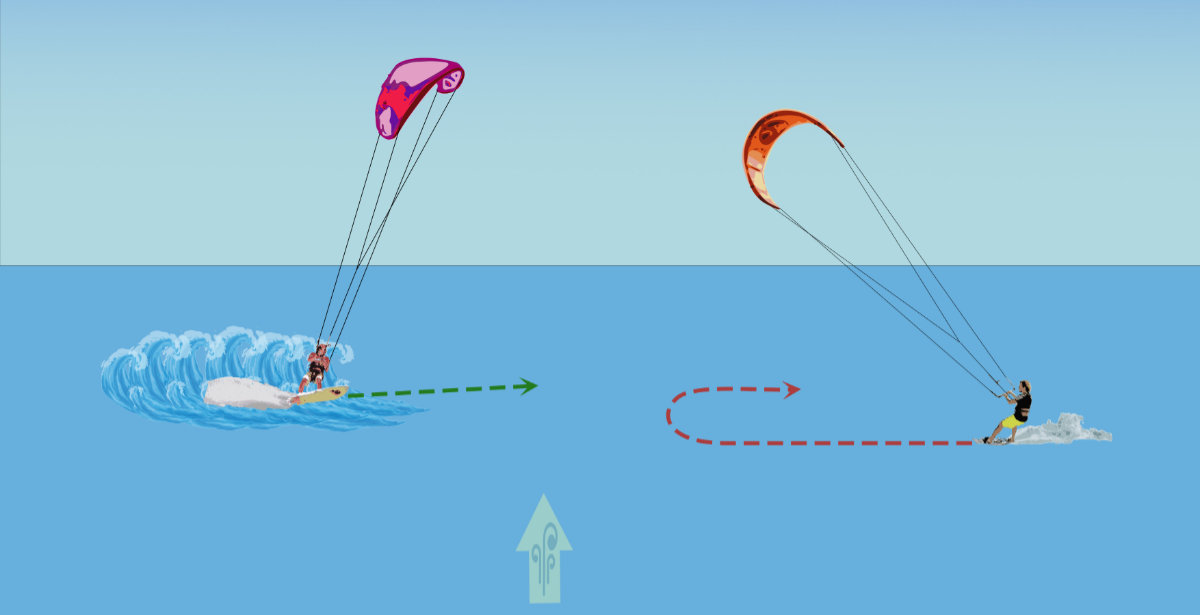
Comment.
The reason of this rule is safety and having a reasonable and respectful behavior for everyone's fun. The rider on the wave is in a more precarious balance condition than the free rider, so the second should avoid being in the way. Also, catching a good wave and have to interrupt surfing it is quite unpleasant and could lead to futile and unuseful arguments when back on the beach.
Rule #5
Right of way must be given to other ocean and beach users. Kiteboarders must travel downwind to them or possibly change direction to avoid collision.
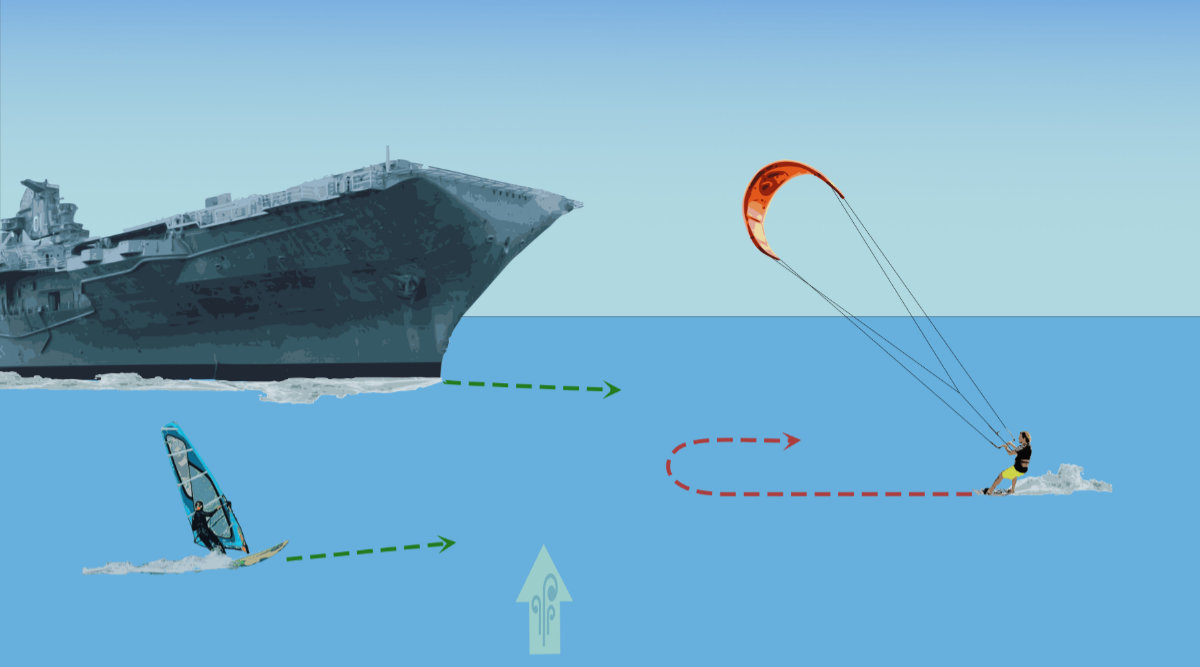
Comment.
Ok Air Carrier is maybe a bit exaggerated, but gives the idea: we, kitesurfers, are the coolest, fastest and quickest in maneuvering in the water than the majority of the other sea/lake subjects, we normally have faster response in dynamic situations. It is a good practice to expect slower response from others, so we need to act preventively and avoid unnecessary dangerous situations.
Rule #6
In order to perform a safe jump, a rider must have a clear danger zone of 50m downwind and 30m upwind.
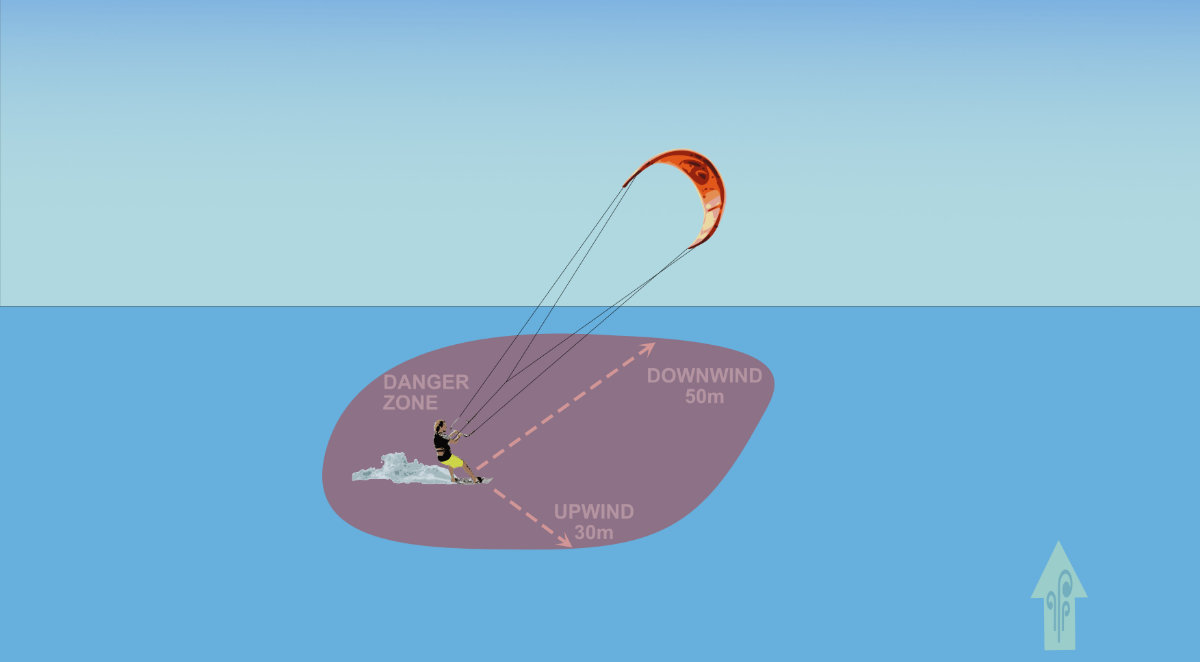
Before jumping we must be really careful we have enough space downwind to land and enough space up wind not to have our kite to intercept other kiters' ones. It is a very good practice to check also behind us in case no kitesurfer forgot to follow the RULE #3.
Rule #7
Give the right way to all the riders taking kiting lessons or to unexperienced riders with no consistent upwind capabilities.
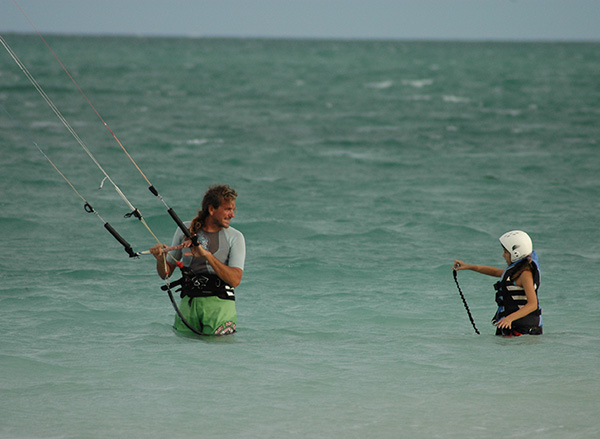
Comment.
This follow again a basic safety principle: the slower and less skilled should have the right way, to avoid uncontrolled kite movements due to inexperience or sudden panic situations. Remember: we have all been beginners and we would have loved to have the same treatment.
Rule #8
Body drag kiters have the right way over riding ones
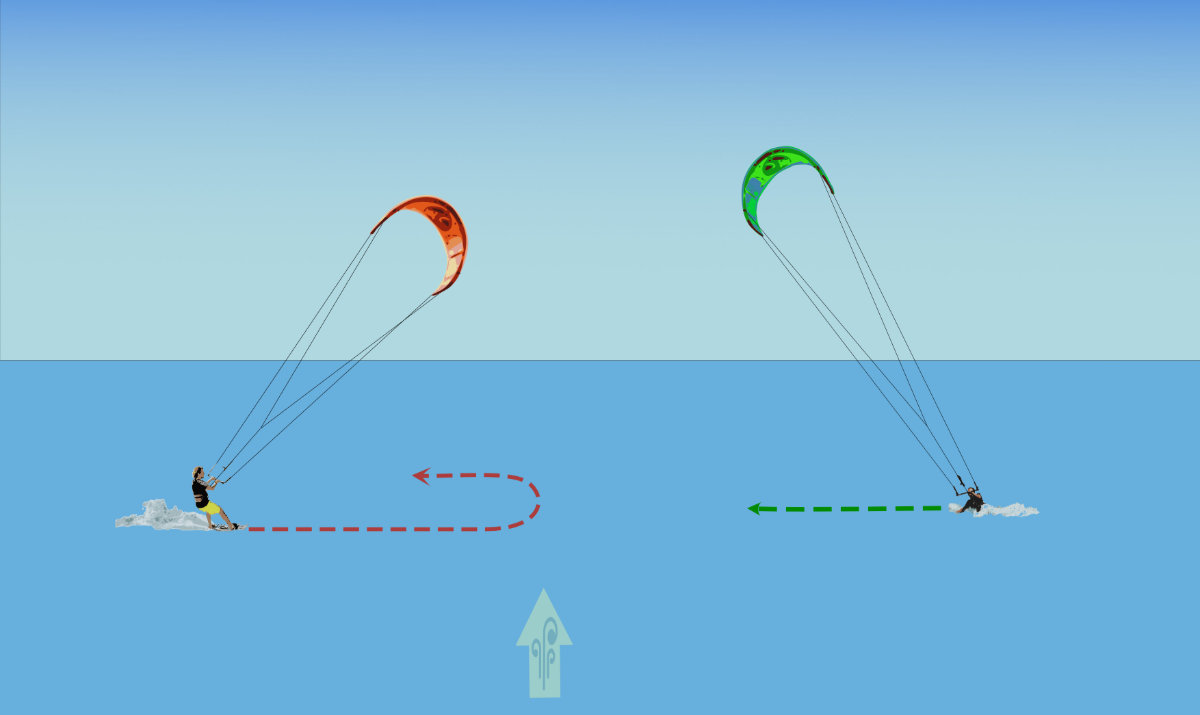
Comment.
Same logic as the previous rules: a body dragging kiter is slower, maybe in difficult and for sure with a more limited view range. He is in a more difficult situation than being on the board, so we need to avoid to add further pressure on him/her.
GOLDEN RULE !
If you are passing upwind, bring your kite UP. If you are passing downwind, bring your kite DOWN.
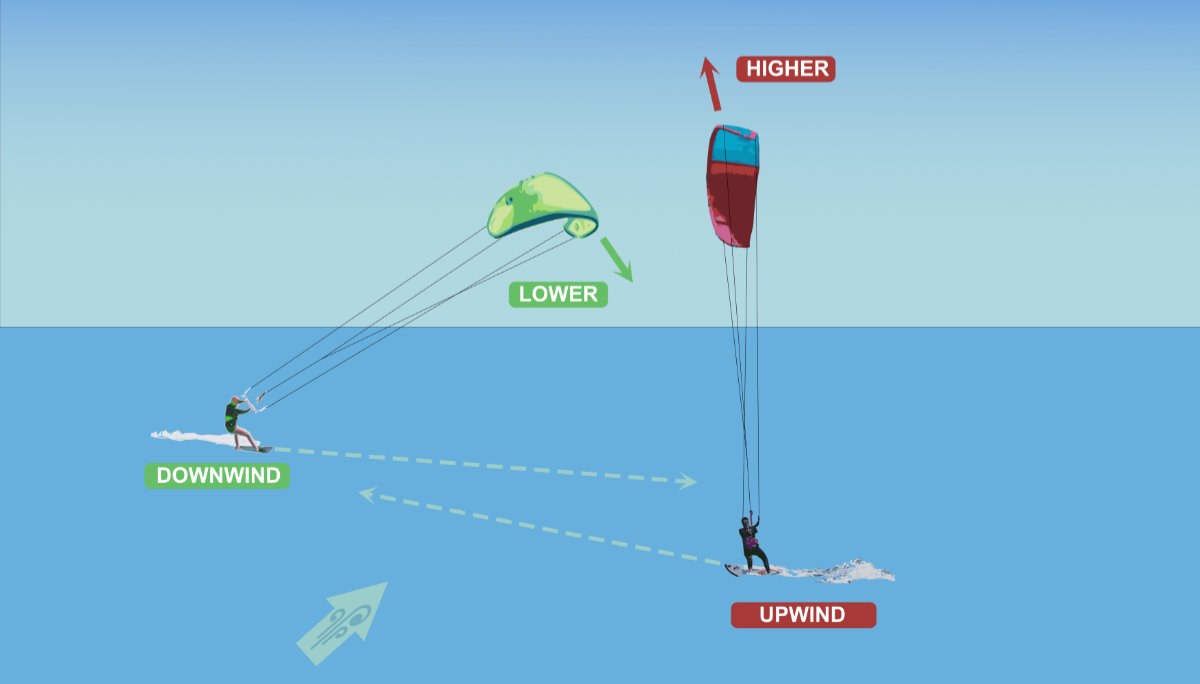
Comment.
This is pretty self-explanatory, try to do the opposite if you can!
Common sense Rule
Remember to use common sense in applying the rules (if someone doesn't comply to them, It's not a good excuse to crash into him): keep a good safe distance from other riders, whenever possible !
Hopping this sum on right way rules and suggested good practices will help to better everyone's kitesurf experience. If you have suggestion or different opinion on some of the rules above, please, don't hesitate to let us know in the comments below. We will be more than happy to include and good point.

Phone Cases
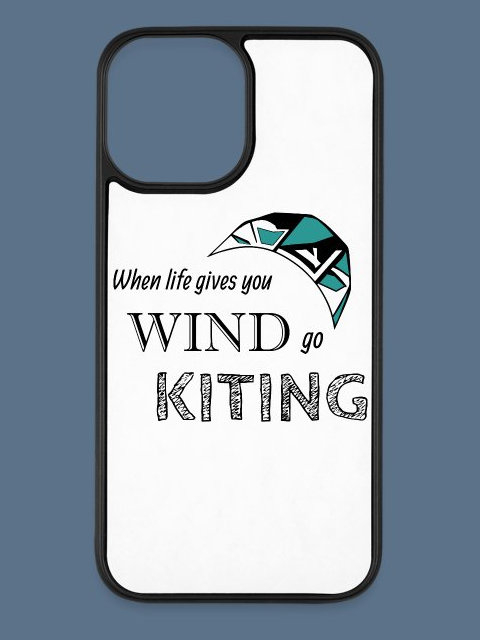
Logo: When life gives you wind go kiting
Promote your Kite School for free!
Index your Kite School in our database.
You will get free lifetime visibility on Kitesurf Culture website.
If you have a website, it will provide precious backlinks to improve your SEO ranking
Relevant Posts
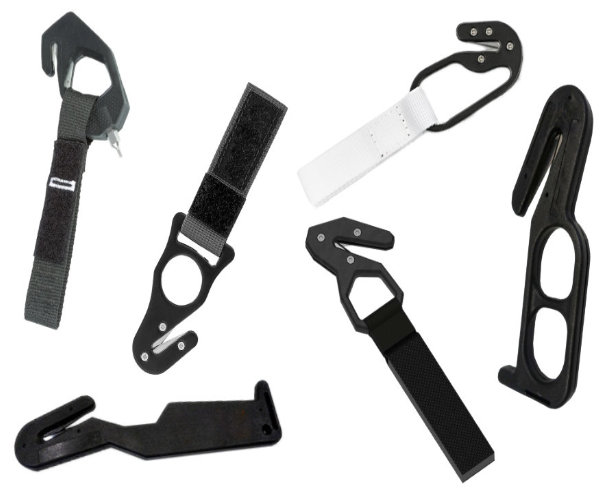
Safety Kitesurf Hook Knife, a must to have in your sessions
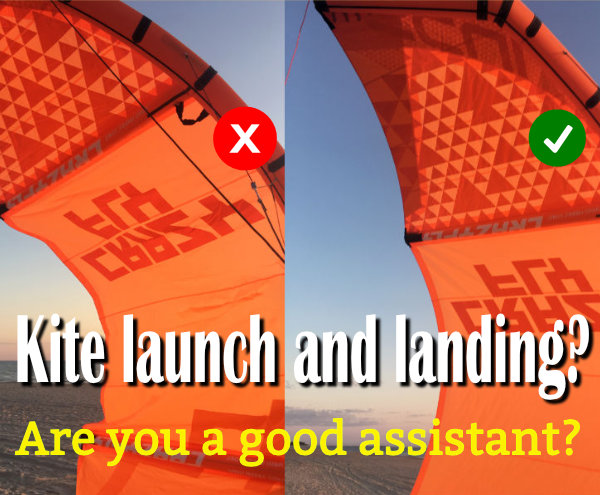
Are you a good assistant during a Kite launch and landing?
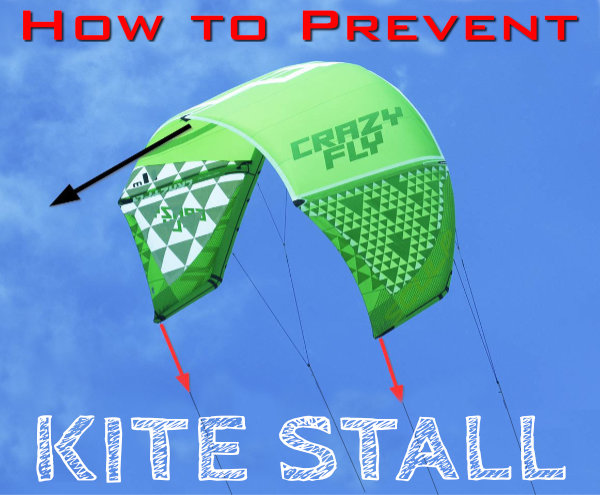
What's a Stall of a Kite and How to Prevent It

How to have a Night Kitesurfing Session: Safety Tips

12 Tips to Correctly and Safely Launch and Land Your Kite

8 Simple Tips to Safe Kiteboarding
Get free Kitesurfing Resources and Tips
If you like our content and you want to be informed on the next blogposts release, please subscribe here. That will also help us to continue to provide quality content:
Give us your opinion.
Comments
Eduardo Luquero
It’s a real shame that rule no1 is never followed well most definitely not on my beach
3 years ago
Answers :
Gabriele
You are right Eduardo, most of the time outgoing riders who are on the beach are in more danger than those who are in the water, which is sometimes counterintuitive. That's probably the main reason for the lack of application of this rule.
3 years ago
Uwe
Can you please comment on ROW when a kiter is outrunning the wave (in front of, not actually on a wave) heading in the upwind direction. Should they veer off to downwind direction when a kiter is heading outbound and is upwind? Similar to your Rule 2. I see that often riders MAY feel they are on a wave and that they have ROW regardless of who is upwind. Also, the ROW for a kiter heading out and planning to turn in order to catch a wave from the front when another kiter is coming from behind a wave, on a twin tip for instance. The one catching the wave from the front, could be upwind of the twin tip rider, for example.
6 years ago
Answers :
Gabriel
Hello Uwe, first of all, let's remember, as from the discussion below, that there might be some local rules specific on the spot which might say otherwise. My opinion is that common sense dictates whether a rider is still on a wave or not: if a wave is 4m high and the rider is 4m in front, I would say he is still on the wave and deserves ROW, if he is 20m in in front I would say he should give the ROW to the starboard riders as per rule#2 (upwind riders as you mention, normally don't have per se ROW, starboard ones do). The second case you mention, isn't super clear, but I would say the rider closer to catch the wave should have the right of way. This situation is really tricky and the priority should be always to avoid collision. Well, it seems you ride in a wave spot pretty crowded, my suggestion is to gather all the local kiters and try to establish some clear local rule to take care of the specificities of the spot.
6 years ago
Francis
Yeah, the surfing one... I understand in breakers where pple usually surf but in open seas and lakes pple are pretty much surfing just anywhere and that leads to many close calls.
6 years ago
Jeff
In windsurfing, starboard tack always has right of way (waves or not). Rule 4 has the kiter on the wave has right of way when with other kiters. I hope at Kanaha Maui, where prevailing winds makes starboard tact going out, windsurfers have the right of way. You extra rule for waves can make it dangerous for windsurfing.
6 years ago
Answers :
Gabriel
Thanks Jeff: In fact, rule #4 it is made considering only kitesurfers. Rule 5# states clearly kitesurfers should give the right of way to all other 'players' in the sea.
6 years ago
Pat
Huh. In sailing, starboard is the right side of the boat. With the wind coming from the starboard side and sail on the port side that puts the boat on a starboard tack and gives it right-of-way. What a kiter deems as starboard looks exactly opposite as the wind is coming from the port side, unless I misunderstood.
6 years ago
Mark
You missed the "short tack" - I guess the short tack is more kitesurfing etiquette. Karolina Winkowska's "KITEBOARDING Etiquette | Unwritten Rules you need to know!" is good and explains the short tack: https://www.youtube.com/watch?v=Eo0k4QuP1b0
6 years ago
Answers :
Gabriel
Hey Mark, I think 'short tack' someone, even though it is not really a right of way violation and, as you say, more of an "etiquette' issue, it can cause serious consequences. Therefore, I think I will update the blog post adding this element soon. Thank you for your suggestion!
6 years ago
MK
For rule #5, I would agree if it was sailboat or ship with much lower maneuverability, but winsurfer has pretty good maneuverability if not better that kiter.
6 years ago
Answers :
Gabriel
I quite don't agree, a change of direction with a kite is way faster then with a windsurf :-)
6 years ago
Derek May
Re - Rule 2. I think a clearer way of explaining is:- Where two sailing craft approach each other on different tacks the Kiter/Boat etc. on Starboard tack has right of way. If the windward side of board is Starboard side/Right side, you are on Starboard Tack and have right of way. As you say same as International Collision Regs. for all sailing craft. If Two craft are on the same tack the upwind craft must keep clear.
6 years ago
Jim
Whoever is in the least amount of control has right-a-way.
6 years ago
Michael Goddard
All sounds good! One minor thing I’d add to the body dragging kiter having right of way: “body dragging kiter or kiter in trouble, ie, recovering from a stack, or with kite in water” This is because they may not be actively body dragging but require right of way at the time, as they are unable to manoeuvre and others approaching them hinders their recovery.
6 years ago
Answers :
Gabriel
Thank you Michael, I agree with you, I will update the post with your suggestion.
6 years ago
Marek
why should a kiter give the way to a windsurfer?
6 years ago
Answers :
Gabriel
#Marek - Mostly because the kitsurfer has a bigger area of influence with his kite, if you consider the flying window of the kite with 25mt lines. Second the kiter has way faster and better maneuverability. Third, because we want to be nice to the less fortunate ones ;-D
6 years ago
Robert Mulholland
gabriel, you as a kiter give way to a windsurfer because it is the rule, not because you are being 'nice to the less fortunate ones'. I as a windsurfer know the rules, I have never caused a accident with a kiter, however i have suffered damage and had days ruined by ignorant kiters who clearly are mentally less fortunate than me and are either too lazy or too stupid and as a result do not know the internationally accepted rules regarding rite of way with windsurfers. It is not because kiters are cooler, faster ,more manoeuvrable and everyone is jealous, its because kite lines are extremely dangerous to other water users.
5 years ago
Gabriele
Dear Robert, I understand your point of view, since I have been a windsurfer for several years before starting to kite. I agree with you also on the fact that out there there are a lot of reckless people that should be taught to respect others and the rules. That's why I wrote this post. My last sentence was clearly a joke and it surprised me it was taken seriously: if you got offended I am sorry. The rule of giving way to windsurfers, in my opinion, remains related to the difference in maneuverability. Said so, there is no excuse for reckless behavior by anyone on the water. I am sorry you had bad experiences with kiters and if they didn't respect the rules they should be dismissed from the spot.
5 years ago
Flexfit Baseball Cap

Logo: Yoga Kite Love
Promote your Kite School for free!
Index your Kite School in our database.
You will get free lifetime visibility on Kitesurf Culture website.
If you have a website, it will provide precious backlinks to improve your SEO ranking
Relevant Posts

Safety Kitesurf Hook Knife, a must to have in your sessions

Are you a good assistant during a Kite launch and landing?

What's a Stall of a Kite and How to Prevent It

How to have a Night Kitesurfing Session: Safety Tips

12 Tips to Correctly and Safely Launch and Land Your Kite

8 Simple Tips to Safe Kiteboarding
Travel Mug
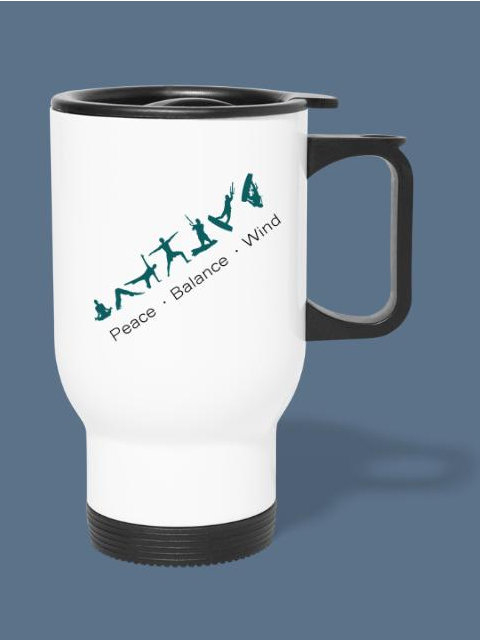
Logo: Peace Balance Wind
Latest Posts

Kitesurfing Dubai: an honest guide. Tips, Spots & Winds
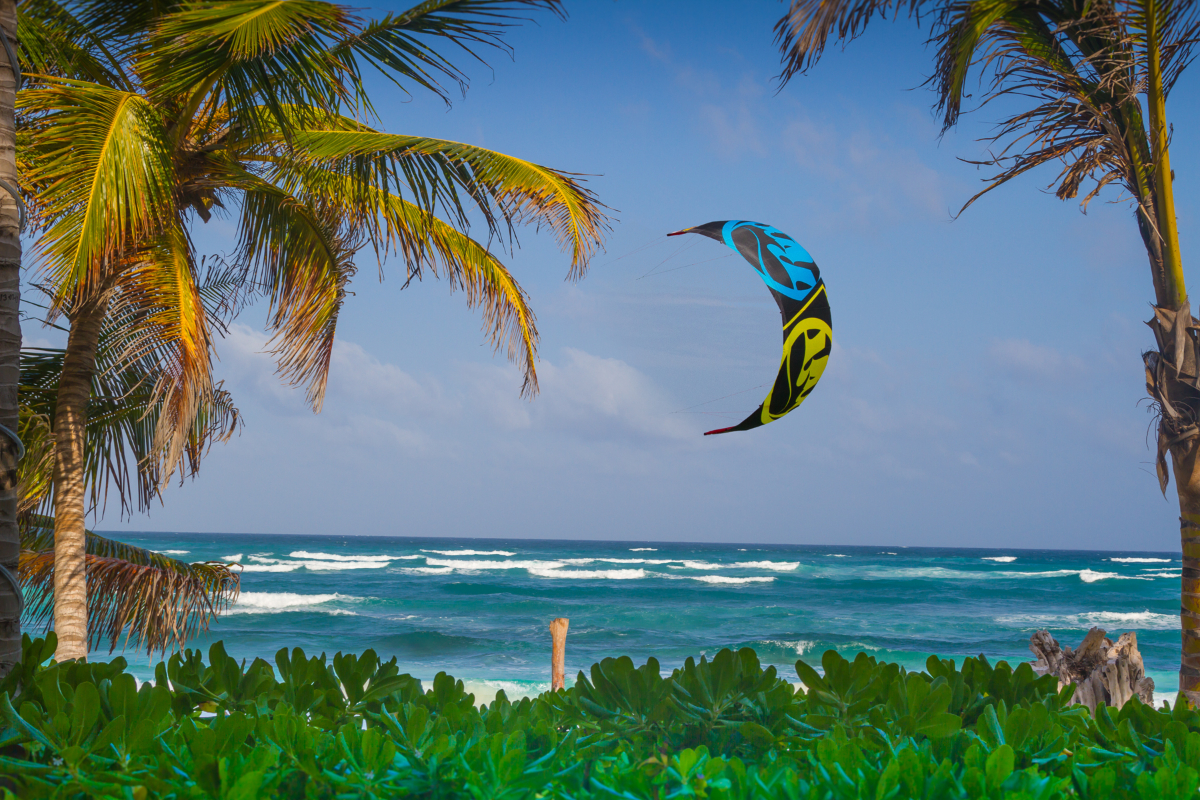
Unwind and learn: best beginner kitesurfing spots worldwide
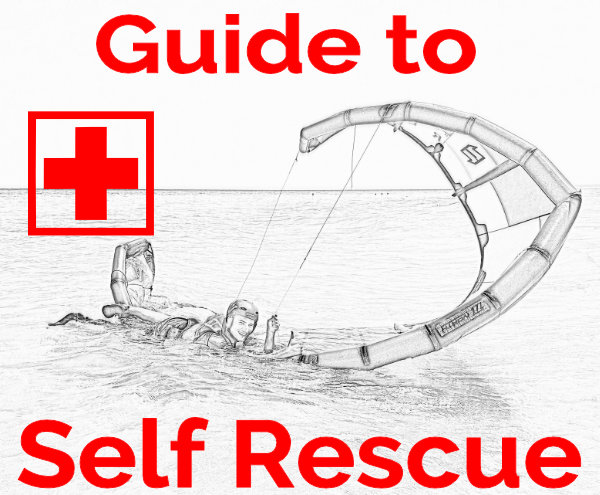
Self-Rescue in Kitesurfing: A Crucial Guide to Safety

Kitesurf Ometepe: an Epic Kite Trip to Nicaragua

Kitesurfing Spring in Andalucia: Unexpectedly Great!